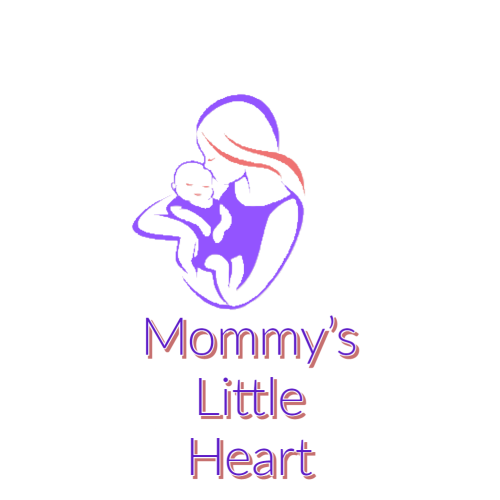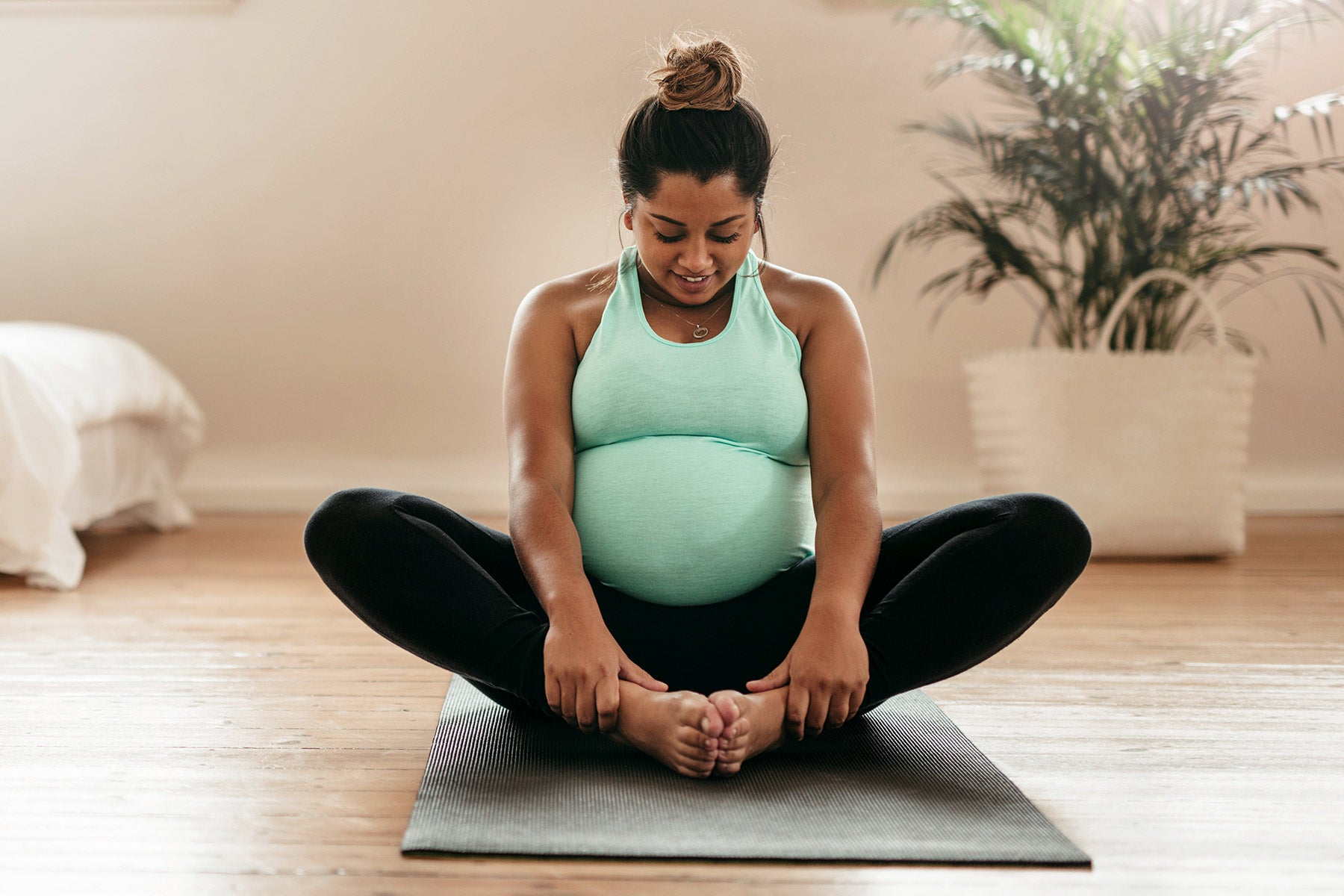Pregnancy Depression
It is normal for every expectant mom to have her difficulties. If your lows are consistent and frequent, you may be among the 10-15 percent of women who battle mild to moderate depression during pregnancy.
Both emotional & physical depression shows up in a variety of symptoms, that go well beyond standard moms-to-be moodiness. They can include feeling sad, empty, hopeless, and emotionally lethargic, having sleep disturbances (you don't feel like eating at all, or you're eating all the time), feeling fatigued and lacking energy (above what's normal in pregnancy) and/or feeling agitated or restless, losing interest in work, friends, family, and activities you usually enjoy, losing concentration and focus, having exaggerated mood swings (more dramatic than what's normal in pregnancy), and even having self-destructive thoughts. There may also be unexplained aches and pains.


How common is depression during pregnancy?
Research suggests that about 7% of pregnant women experience depression during pregnancy.
Your chances of having depression during pregnancy can increase if you have or have had mood disorders. Other factors can contribute as well, including stress (financial, relationship, work, or family), lack of emotional support, anxiety over your health or baby's (especially if you've had complications or pregnancy losses in the past), or having pregnancy symptoms that are severe or complications that require lots of extra medical screening, hospitalization, or bed rest.
What is depression?
Depression is a mood disorder that causes a persistent feeling of sadness and loss of interest, is the common mood disorder in the general population. The condition occurs twice as often in women as in men, and the initial onset of depression peak during a woman's reproductive years.
Speak to your practitioner about treatment options or ask for a referral to a therapist, if mild to moderate symptoms continue for longer than 2 weeks. Since thyroid conditions, which are common and can be easily treated, can trigger depression, a thyroid panel may be done to rule that out first.

What are the risk factors for depression during pregnancy?
Some risk factors for depression during pregnancy include:
- Anxiety
- Life stress
- History of depression
- Poor social support


Why does depression during pregnancy often go unrecognized?
Some symptoms of depression resemble symptoms of pregnancy, like changes in sleep, energy level, appetite, and libido. As a result, you or your health care provider might attribute these symptoms to your pregnancy, rather than depression. Women might also be reluctant to talk to their health care providers about changes in moods during pregnancy, due to the stigma associated with depression.
What are signs and symptoms of depression during pregnancy?
The signs and symptoms are the same as these that occur with depression in the general population. Here are some additional clues that might indicate depression during pregnancy:
- Excessive anxiety about your baby
- Low self-esteem, such as feelings of inadequacy about parenthood
- The inability to experience pleasure from activities usually found enjoyable
- Poor response to reassurance
- Poor adherence to prenatal care
- Smoking, drinking, alcohol or using illicit drugs
- Thoughts of suicide
Some research suggests the depressive episodes occur more frequently during the first and third trimesters.
Getting the right help, and getting it promptly, is important for your sake and your baby. Depression can keep you from taking optimum care of yourself, your baby, and depression can increase risks for complications. Continued extreme emotional stress can also negatively impact baby's growth and development.
There are plenty of effective strategies for treating pregnancy depression. Finding the right treatment (or combination of treatments) can help you feel better.
Options Include:
- Supportive Therapy
- Medication
- CAM Therapies
- Exercise
- Healthy Eating
Sources
- Mayo Clinic "Depression during pregnancy: You're not alone"
- What To Expect When You're Expecting - "Pregnancy Depression"
Pregnancy Depression
It is normal for every expectant mom to have her difficulties. If your lows are consistent and frequent, you may be among the 10-15 percent of women who battle mild to moderate depression during pregnancy.Both emotional & physical depression shows up in a variety of symptoms, that go well beyond standard moms-to-be moodiness. They can include feeling sad, empty, hopeless, and emotionally lethargic, having sleep disturbances (you don't feel like eating at all, or you're eating all the time), feeling fatigued and lacking energy (above what's normal in pregnancy) and/or feeling agitated or restless, losing interest in work, friends, family, and activities you usually enjoy, losing concentration and focus, having exaggerated mood swings (more dramatic than what's normal in pregnancy), and even having self-destructive thoughts. There may also be unexplained aches and pains.
Nutrition while Breastfeeding
Your nutrition during breastfeeding isn’t affected by your diet unless you’re eating habits are inadequate. You do need to be sure to take in enough calories and water for your body to produce adequate milk. Your baby may react a different way to certain foods, but if you pay attention to how your baby responds, you can figure out what foods to avoid.
Exercising Tips for Pregnant Women
Before starting any type of fitness program, please consult your physician. Let him or her know what type of exercises you plan on doing, and whether they are safe for you.
Teaching Kids to Eat Healthy
If you were to offer your child a candy bar or an apple, which would they choose? What if instead, you offer them the choice between crackers and cheese or an apple? Teaching kids to eat well can be real tricky. You don't want to turn every meal into a lecture, but if you wait too long, they could pickup unhealthy habits in the meantime.




